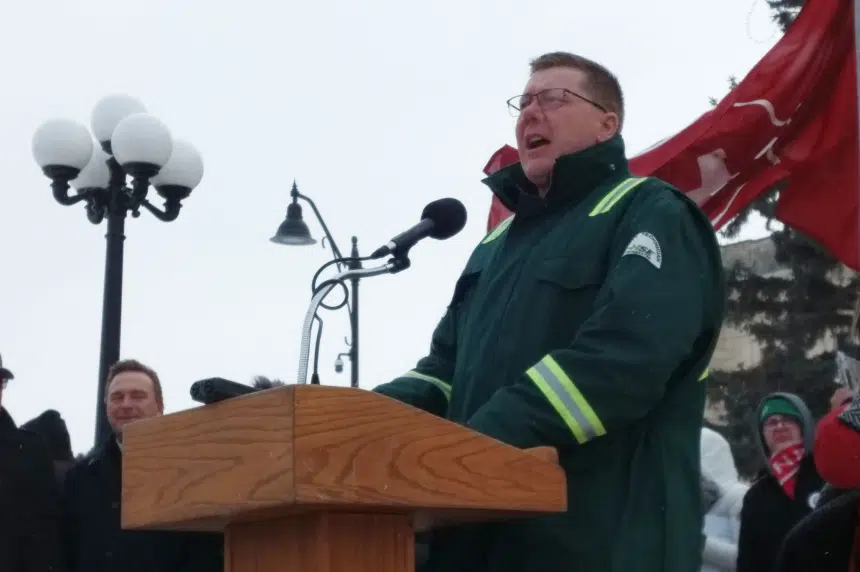According to a Saskatoon freelance writer, the Saskatchewan Party is not paying the political cost for hiking the provincial sales tax to six per cent and expanding the industries where it would be charged.
Chase Ruttig argued that it’s hypocritical for Premier Scott Moe to rail against the federal carbon tax.
Speaking about it with John Gormley on Monday, Ruttig said that while raising the PST, Saskatchewan Party government has also cut social services, government jobs and the Saskatchewan Transportation Company.
“He is cutting jobs himself, he is taking money out of people’s pockets with a very prohibitive consumption tax and then he is — in my mind — getting away with it by making Justin Trudeau the bad guy because he’s a very easy punching bag in the province,” Ruttig said.
“If the carbon tax is so unpopular, I’d say the provincial sales tax should be equally popular in this province because it has been placed on blue-collared industries.”
Gormley said the cuts were done to balance the budget.
“If you start reducing government expense and increasing revenue and your goal is to balance the budget, should we not be balancing the budget?” Gormley asked.
Ruttig replied, “We should be balancing the budget, but if we’re taking all these taxes from people, we shouldn’t be restricting their social services at the same time.”
A response from the government said the PST was raised in response to falling resource prices in 2014.
“We needed to reduce the government’s dependence on volatile resource revenues. This was a difficult decision, but it was a necessary decision to ensure the stability of Saskatchewan’s finances,” read the statement.
“Despite the challenges we face, Saskatchewan’s economy is strong and resilient. Year-over-year employment increased by 10,900 jobs in December 2018 compared to December 2017, with job gains driven entirely by full-time employment.”
In the government’s 2017-18 budget, the PST was raised one percentage point. It was also applied to children’s clothing, restaurant meals and snacks, construction services, used cars and permanently-mounted equipment in the resource sector.
“You can see some tangible job killers. The Saskatchewan Construction Association has claimed they’ve lost 14,000 jobs since 2015, a bit of them before the PST expansion,” Ruttig said.
The government added exemptions for agriculture, life and health insurance premiums in 2018.
That budget also included cuts to personal income tax and an increase to the Low-Income Tax Credit.
The Canadian Taxpayers Federation predicted Saskatchewanians would pay about $971 million more in PST in 2018 than they did in 2016.
On the carbon tax, Ruttig described it as a “middle ground, ” taxing emissions while issuing rebates for many households.
“Hopefully people will use that rebate to maybe make some changes in their life, like getting a transit pass if they live in the city, maybe a bike if they live in a city in Saskatchewan without city transportation or maybe even donating to some carbon-friendly groups and initiatives,” he said.







